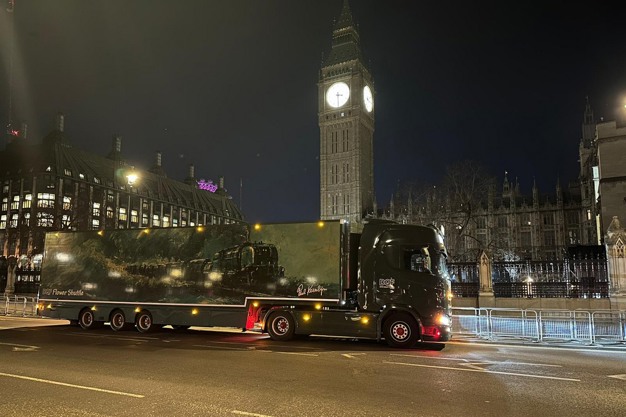Importing fresh products into the UK has become increasingly complicated over the past few years. New customs formalities, plant passports, and an expanding amount of paperwork have resulted in delays and additional costs. The Quality Control Bureau (KCB) and Naktuinbouw have been inspecting exports since January 31, while import inspections in the UK will start from April 30.
Challenges abound. Our colleagues of BPnieuws.nl spoke with several Dutch exporters, all of whom have their reservations. "For instance, you might be stopped and asked if a grower has a certain certificate. You call them, and they say 'yes,' but it turns out the regulatory bodies haven't received it yet. Or consider plant passports: for a specific product from a certain region, it's necessary, but not for the same product from a nearby area. Yet, those shipments often go in the same truck, what's the point of that? Or this: I depend on what customers buy in my webshop. Some items are with us for a while but think about plants at trade nurseries. A phytosanitary certificate is only valid for two weeks. How do we solve this?"

Freshness at stake
Plants are more complicated than flowers, as Daan van der Knaap from Dutch Quality Flowers knows. Nonetheless, this flower line hauler also has to deal with a lot of extra paperwork and worries about physical inspections. "It's certain that this will take extra time, but we don't know exactly what to expect. Will they check a bunch or unload the truck, how long does an inspection take, how severe will the checks be? If the delays become significant, we might have to pre-purchase, which would affect freshness."
The developments over the past few years have made transportation more expensive, but the flowers themselves have also become pricier. The question is always what can and cannot be passed on to customers. "One solution is to find more customers. We do this by driving up with our trucks. Florists often have a soft spot for this, seeing a full cart of beautiful goods in front of them does more than a sleek webshop."
Where to inspect?
Andre van Duijn from Flowerline recognizes these developments and has, therefore, completely stopped transporting plants across the Channel. He also says he's doing less with flowers, mainly because of all the uncertainties and the paperwork involved. "I don't know where the inspections will take place, although we do have to indicate where the flowers will enter," he says. This applies to both shipments by boat or truck, as well as the flowers he directly imports from Colombia to England. "The fact remains that inspections cost money and that trade doesn't get any cheaper."
